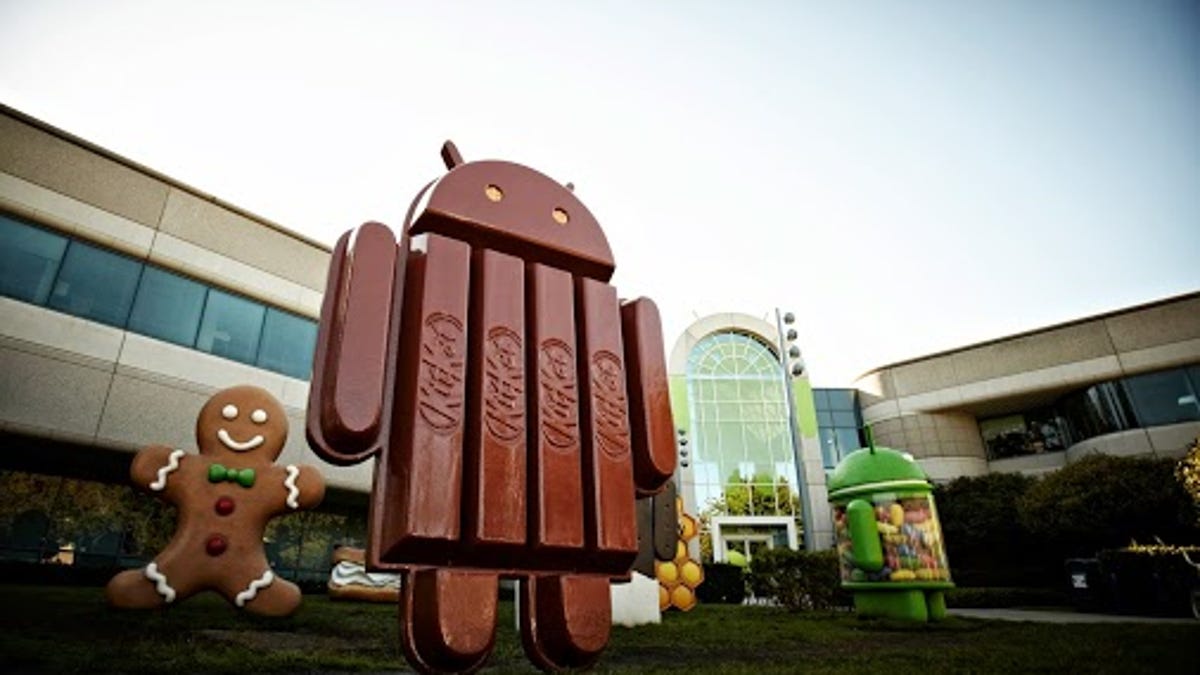Android 4.4 KitKat brings a little OS equality
The latest version of Android is designed to work on both low- and high-end phones, which will hopefully end OS fragmentation.

Google is trying to bring a little sanity to the world of Android.
One primary benefit of Android 4.4 KitKat, which was unveiled Thursday, is its ability to run on both low- and high-end hardware. The idea is that manufacturers don't have to choose between different versions of Android to suit the specifications of their phone, whether it costs $100 or $600.
The move is an attempt by Google to provide a more consistent experience across the universe of Android smartphones. While flagship smartphones such as the
That's led to fragmentation and disparate versions of Android running on different phones. As of July, the most popular version of Android in use was still Android 2.3.3, or Gingerbread, according to a report issued by Open Signal. That's followed by Android 4.1 Jelly Bean.
In comparison, Apple said during its iPad event that 64 percent of its iOS users had already upgraded to iOS 7.
It's particularly important because Android is more popular in emerging markets where phones are still running on Gingerbread because it can handle slower and older hardware.
"If you look at emerging markets, Android is growing at three times the rate of developed markets," Sundar Pichai, head of Chrome and Android, said during the Google event today. "It's pretty stunning growth, and we want to make sure it works great."
That's important if Android wants to reach "the next billion" users, Pichai said.
Pichai said he challenged the team to build a version of Android that worked on less memory and processing power. He said KitKat uses 16 percent less memory than Jelly Bean.
The Android fragmentation, of course, isn't all Google's fault, with carriers often slow to approve updates for devices. But the move to a common OS that any manufacturer can use is a step in the right direction.

